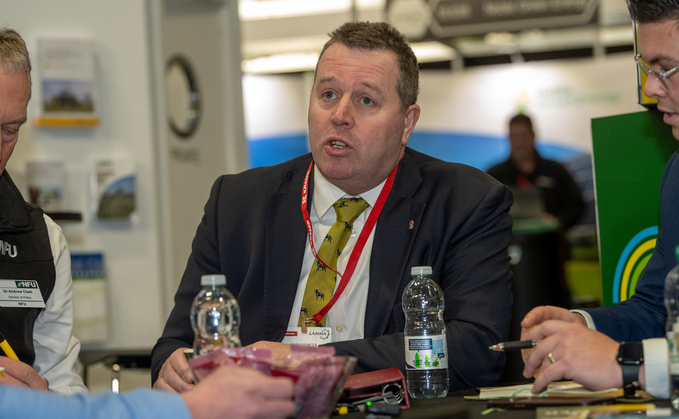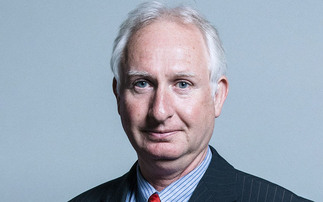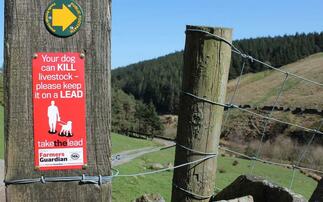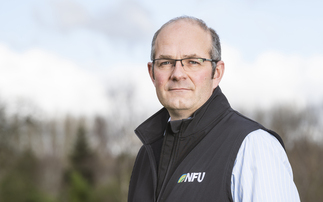
Farming Minister Mark Spencer has confirmed plans to bring certain checkpoints 22 miles inland to a new customs facility at Sevington would remain, despite warnings of a threat to the UK livestock sector and public health.
Questioned at LAMMA on the Government's plans, Mr Spencer said: "We want to take the pressure off Dover and reduce build-up of goods coming in, the facility at Sevington is planned for specific large consignment deliveries for major retailers, not for small-scale operations that may be bringing a van load in.
See also: Industry anger as 57 tonnes of illegal meat seized at Dover
"I remain confident that facilities will be in place, we need to remain vigilant with border force control, and ensure checks are in place to ensure risks are kept at bay.
Border controls
"And we need to do more to educate individuals about risks posed for bringing meat into the UK, I know other countries such as the US do this better with campaigns, such as ‘pigs don't fly, lets keep it that way'."
With major changes in farm support as the Basic Payment Scheme is phased out and the introduction of the Sustainable Farming Incentive, questions have been asked whether the Government was going far enough with support payments to ensure agriculture remains a thriving industry.
Mr Spencer said he wanted to see more uptake of technological developments in the industry.
See also: NPA calls for tougher illegal meat import rules after Dover seizures
"But this has to be agritech for all with accessible funding to meet all budgets," he added.
"This also may mean we have to look closer at how farmers can collaborate and club together for funding of larger capital items such as irrigation lagoons."
He added opening up funding to farm contractors also remained a part of delivering the latest technology, with funds ring-fenced to do that.
On whether the Government should do more with taxation incentives, Mr Spencer said the Government already offers the ability to offset tax against new equipment purchase.
Tax relief
He added: "Tax relief against large farm infrastructure purchases such as slurry lagoons may be a way to go, but a farm business has to be profitable to benefit from any tax relief."
See also: Top products at LAMMA 24 for livestock farmers
Mr Spencer also spoke about how the Government has a major role in ensuring farms have access to market-leading technology to boost productivity from less area such as gene editing and autonomous vehicles, but the first stage is to ensure industry safety.
"We remain in a competitive world and the industry has to build a strong story, which it has to overcome future challenges.
"We need to ensure any funding is geared toward active farmers."



























